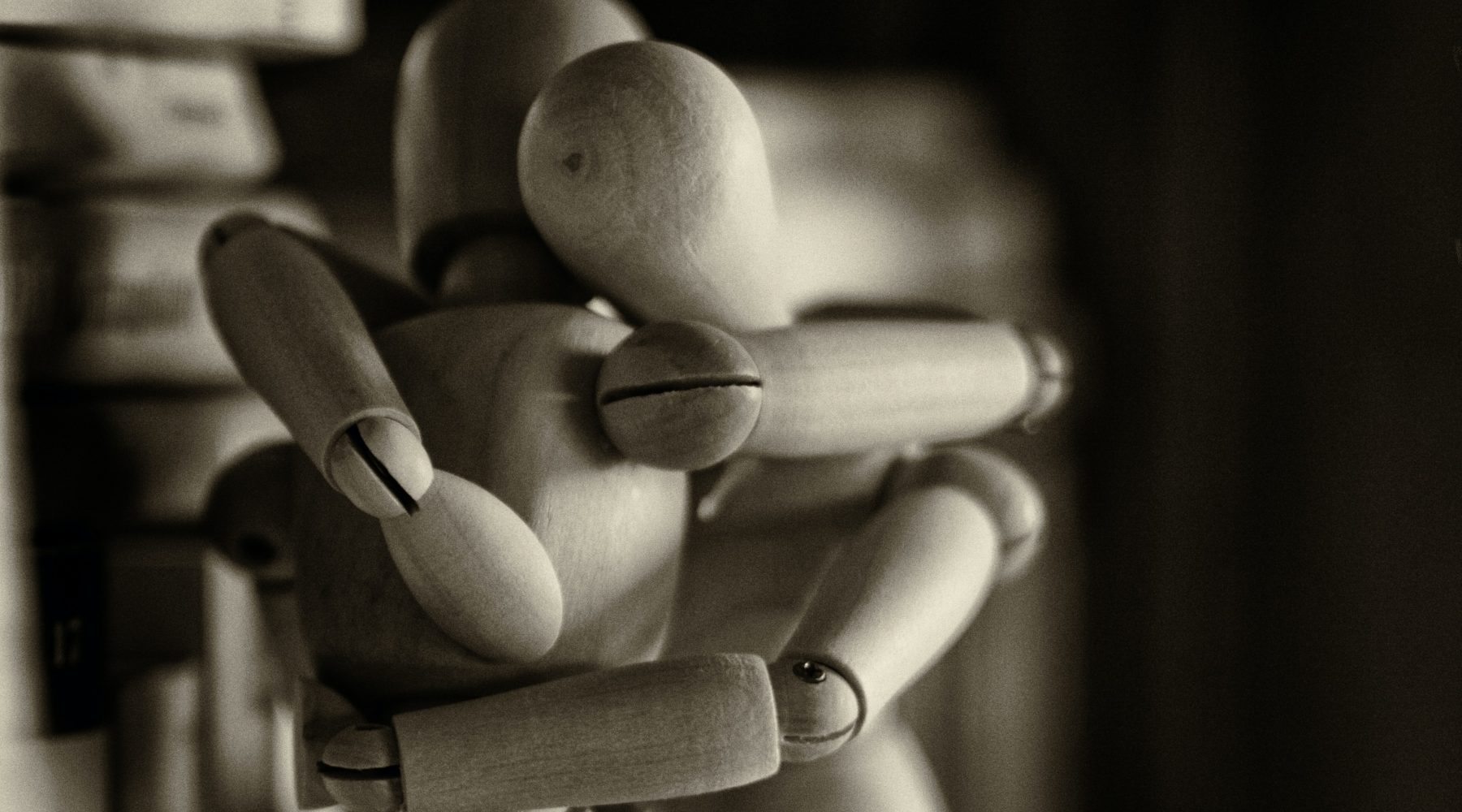Psychologist says virtual hugs might help ECEC to recover from COVID-19 stress

Many of those working in early childhood education and care (ECEC) settings have felt as though the last few months have been like running a marathon – reaching the top of one hill, only to see a taller one looming.
Educators, leaders, and allied professionals have worked tirelessly to care for children, support families, and navigate a rapidly changing policy landscape, all while dealing with their own personal concerns about COVID-19.
These challenges have not gone unnoticed by other sectors and industries, who have used various means to communicate their thanks to the sector.
A new campaign, called #IOUaHug, was recently launched by a group of Australian profit-to-member super funds to acknowledge the efforts of frontline workers, including those in ECEC, as they revealed “unprecedented levels” of member enquiries on life insurance and updates to policy recipients in the wake of COVID-19.
Paula Catorce, a 29-year-old early childhood educator from Melbourne, is one of the country’s three million frontline workers experiencing social isolation during the COVID-19 outbreak.
“I wanted to be involved in the #IOUaHug campaign to represent the early childhood educators and others on the frontline that make sacrifices day in, day out,” Ms Catorce said.
“Every day I go to work, I think “is today the day I get coronavirus?” Working in the early learning sector, it’s impossible to physically distance from the one- and two-year-old children I’m with.
“I feel lucky that I still have a job, but it’s hard to feel this way all the time. Naturally I’m quite a happy and bubbly person; I’ve been needing to consciously check in on myself and make sure I’m coping ok,” she said.
Scott Cameron, CEO of five super funds including Equipsuper and Catholic Super, said Ms Catorce is not alone in her concerns, explaining the origins of the campaign.
The superannuation funds in his network are fielding a large number of calls requesting more information about how employees are supported if they become unwell or pass away as a result of contracting COVID-19.
This stress, coupled with the daily pressures of frontline roles during a pandemic, was the motivation for the campaign, aiming to draw attention to the feelings of those essential workers, and reassure them that others are appreciative of their work.
“What’s clear at the moment is they’re genuinely concerned about their own lives and the health of their families” he said, adding that he hopes the campaign will go some way to acknowledging the “resilience, devotion and bravery” that frontline workers have shown during the COVID-19 outbreak.
The campaign features a video of frontline workers having real conversations with their loved ones.
“Essential workers are distancing themselves from their families much more than others at the moment, which is a real concern. Studies have shown social isolation has real, negative effects on wellbeing,” psychologist Rebecca Thomas said.
Being able to physically connect with others, such as through a hug, releases oxytocin – something people are limited in their capacity to do right now, she explained.
“The more we socially connect, the more oxytocin we produce, and the stronger we become in recovering from stressful situations, like what essential workers are currently experiencing,” Ms Thomas added.
“I recommend people reach out to frontline workers and give them a virtual “gratitude” hug by telling someone one to three things you love about that person, or why you appreciate them. You can also let a loved one know you care with a message on social media and the hashtag #IOUaHug. This can give them a similar feeling, and sometimes even better, than what they would get from a hug,” she explained.
Not being able to reach out and connect with others outside of work because of social distancing guidelines, Ms Catorce said, is tough, despite the comfort she finds as part of her role.
“I feel really proud to be a part of the early childhood education sector. It’s brave for us as a collective to do what we do every day. Ultimately we do this for the children,” she said, saying that being around children every day “definitely helps bring a sense of positivity back”.
To learn more about the campaign, please see here.
Popular

Quality
Provider
Policy
Practice
WA approved provider fined $45,000 over bush excursion incident
2025-07-01 07:00:01
by Fiona Alston

Workforce
Policy
Quality
Practice
Provider
Research
ECEC must change now, our children can’t wait for another inquiry
2025-07-02 07:47:14
by Fiona Alston

Quality
Practice
Provider
Workforce
Child left in storeroom at Sydney centre sparks concerns over supervision and trauma support
2025-06-30 09:09:58
by Fiona Alston













